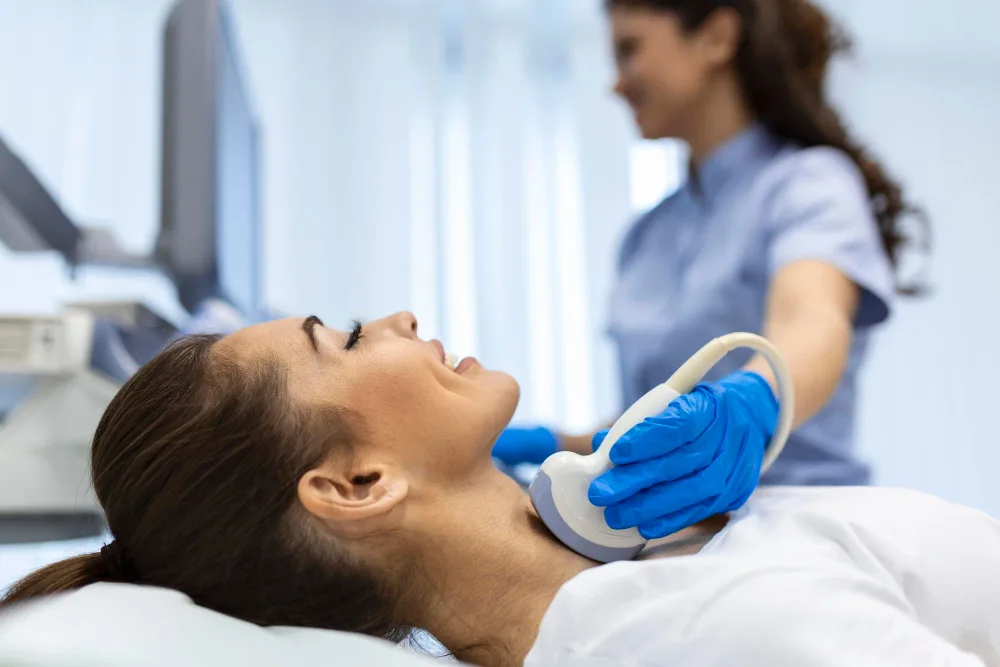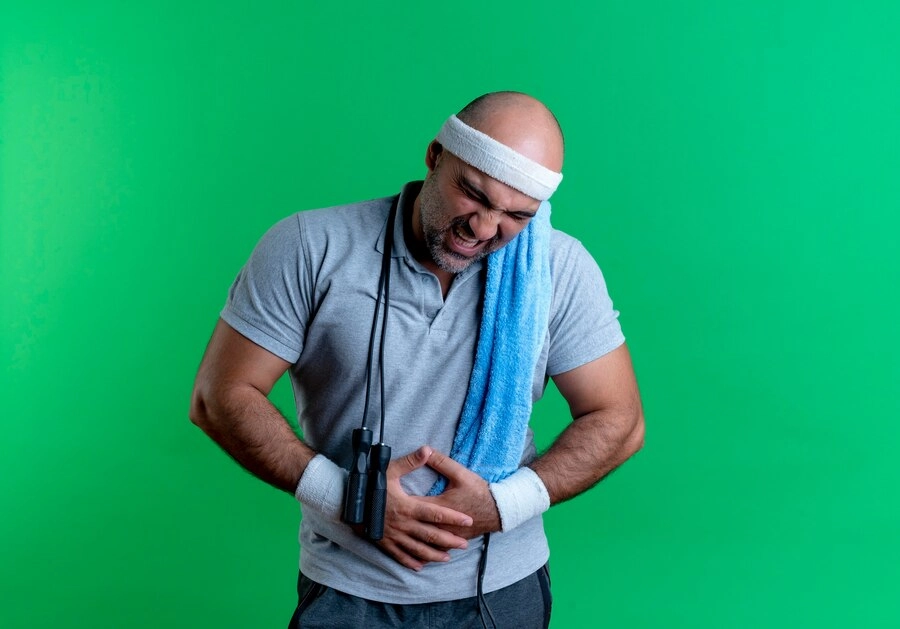How To Cure Piles?
Category: General Surgery
Piles, also known as hemorrhoids, are swollen and inflamed veins in the rectum or anus that can cause discomfort, itching, pain, and even bleeding. This condition affects people of all ages, and while it is common, many often feel hesitant to seek timely medical advice. Left untreated, piles can worsen and interfere with daily life. The good news is that piles are treatable with the right combination of lifestyle changes, medications, and advanced medical procedures. Understanding the causes and available treatment options is the first step towards lasting relief.
At Lokmanya Hospitals, patients benefit from expert care, advanced technology, and personalized treatment plans for piles. Whether your symptoms are mild or severe, consulting experienced piles specialists ensures accurate diagnosis and effective solutions for long-term relief. Understanding the causes and treatment options is the first step toward a healthier, more comfortable life.
Understanding Piles
Piles develop due to constant pressure in the lower rectum, which can weaken or swell the veins around the anus. Common contributing factors include:
- Chronic constipation or straining during bowel movements: Frequent straining increases pressure on rectal veins, leading to inflammation and discomfort.
- Sitting for long periods: A sedentary lifestyle can reduce blood flow in the pelvic area, aggravating vein swelling.
- Obesity and lack of physical activity: Extra body weight puts pressure on the lower rectum, making veins more prone to swelling.
- Pregnancy: Hormonal changes and increased abdominal pressure during pregnancy can contribute to piles.
- Low-fiber diet: Insufficient fiber intake can lead to constipation and harder stools, which strain rectal veins.
Piles may be internal, developing inside the rectum, or external, appearing around the anal opening. Common symptoms include pain, itching, swelling, or bleeding during bowel movements. At Lokmanya Hospitals, skilled piles doctors in Pune provide accurate diagnosis and effective treatment to help patients recover quickly.
Home Remedies For Mild Piles
For mild piles, simple lifestyle changes and home remedies can often manage symptoms effectively:
- High-fiber diet: Consuming whole grains, fruits, vegetables, and legumes softens stool, making bowel movements easier and reducing strain.
- Hydration: Drinking 8–10 glasses of water daily supports smooth digestion and prevents constipation.
- Regular exercise: Activities like walking, yoga, or swimming improve blood circulation and reduce pressure on rectal veins.
- Warm sitz baths: Soaking the affected area in warm water several times a day can ease pain, itching, and swelling.
- Over-the-counter creams and ointments: Medicated creams can temporarily relieve discomfort and irritation, but they do not cure piles.
While these remedies can help, persistent or severe cases should not be ignored. Timely medical intervention ensures that the condition does not worsen or lead to complications.
Medical Treatments For Piles
When home remedies are insufficient, medical treatments can provide long-term relief. Common non-surgical and minimally invasive options include:
- Rubber band ligation: A small elastic band is placed around the base of the pile to cut off blood supply, causing it to shrink.
- Sclerotherapy: A chemical solution is injected into the pile to reduce swelling and promote healing.
- Infrared coagulation: A precise heat source shrinks internal piles quickly and safely.
- Minimally invasive surgery: For severe or recurrent piles, advanced surgical techniques offer effective treatment with minimal recovery time.
For patients struggling with persistent piles symptoms, Lokmanya Hospitals offers specialized piles surgery in Pune combining expert care with modern surgical techniques for the best outcomes.
Why Choose Expert Piles Surgeons At Lokmanya Hospitals
The success of piles treatment largely depends on the experience and expertise of the healthcare provider. Skilled piles surgeons in Pune at Lokmanya Hospitals offer:
- Reduced pain during and after treatment: Minimally invasive techniques minimize discomfort and speed recovery.
- Faster healing: Expert care shortens downtime and allows patients to resume daily activities sooner.
- Minimal recurrence: Advanced procedures target the root cause, reducing the chances of piles returning.
- Enhanced quality of life: Effective treatment relieves chronic pain, discomfort, and stress associated with piles.
Consulting a specialist early ensures a smooth treatment journey with the best outcomes.
Advanced Care At Lokmanya Hospitals
At Lokmanya Hospitals, patients receive comprehensive care under one roof. The hospital combines experienced surgeons, modern technology, and patient-focused care to provide both surgical and non-surgical solutions.
Personalized treatment plans ensure safety, effectiveness, and faster recovery. From lifestyle counseling and non-invasive procedures to advanced surgeries, Lokmanya Hospitals is dedicated to helping patients overcome piles with confidence and comfort.
Conclusion
While piles can be uncomfortable and distressing, they are far from untreatable. Early lifestyle changes, timely medical intervention, and advanced surgical options make relief achievable. Delaying care can lead to complications, but consulting an experienced doctor ensures faster recovery and peace of mind. With proper guidance and treatment at Lokmanya Hospitals, living a piles-free, healthy life is entirely possible.
FAQ’s
1. Can piles heal on their own?
Mild piles may improve with diet and lifestyle changes, but persistent or severe cases often need medical treatment.
2. When should I see a doctor for piles?
If you experience bleeding, severe pain, or swelling that doesn’t improve with home care, consult a doctor immediately.
3. Is piles surgery painful?
Modern piles surgeries are minimally invasive, causing less pain and ensuring quicker recovery.
4. How long does it take to recover after piles surgery?
Recovery usually takes about 1–2 weeks, depending on the procedure and overall health.
5. Can piles come back after treatment?
Yes, piles can recur if lifestyle changes are not maintained. A healthy diet and regular exercise reduce the risk.
6. Are there non-surgical treatments available for piles?
Yes, options like band ligation, sclerotherapy, and infrared coagulation can treat piles without surgery in suitable cases.
7. Which doctor should I consult for piles treatment?
You should consult a piles doctor in Pune who specializes in diagnosing and treating this condition.
Previous blog

How Common is Thyroid Surgery?
Next blog






